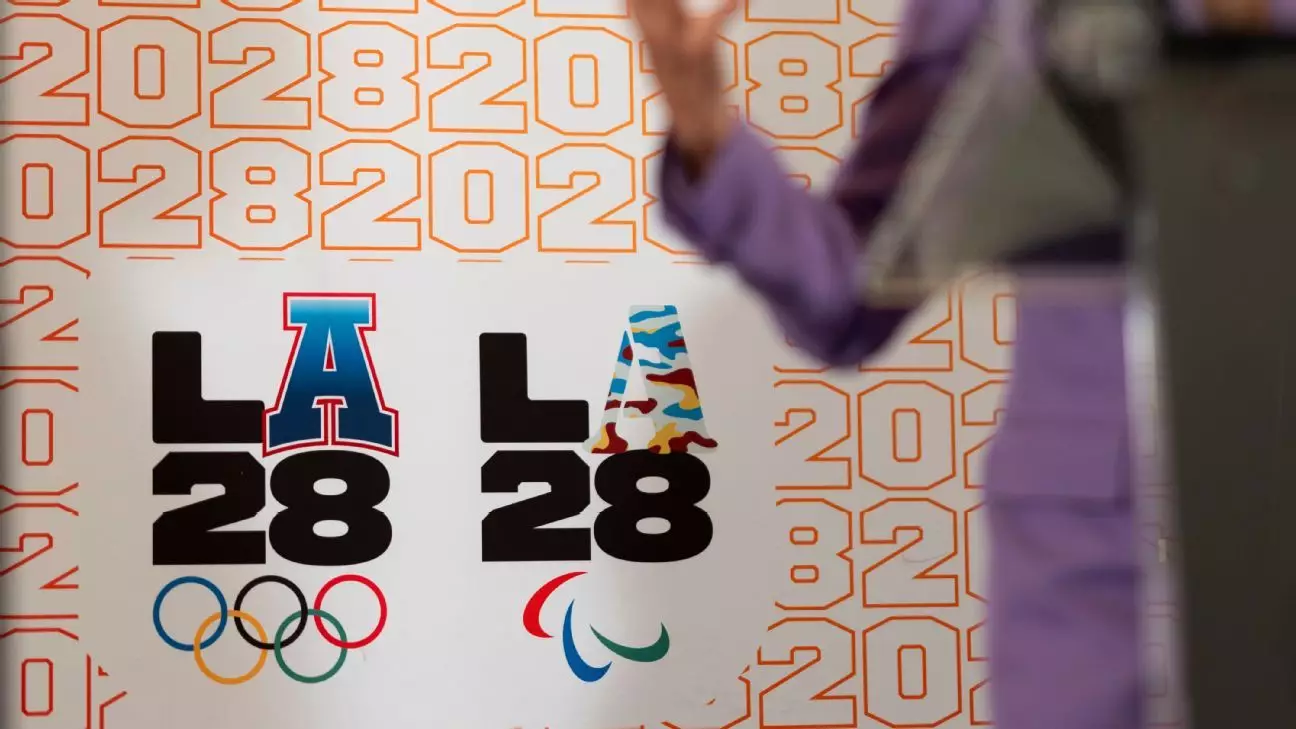The decision to commence basketball competitions two days prior to the official opening of the 2028 Los Angeles Olympics reflects a significant shift in how organizers envision the games’ structure. Traditionally, the Olympic schedule has aligned all sports to kick off after the grand opening ceremony, but this alteration signals a desire to optimize the experience for athletes and fans alike. By pushing the basketball tournaments forward, organizers aim to create an extended Olympic period that maintains momentum and heightens anticipation. Such a move underscores a willingness to challenge convention, prioritizing athlete readiness, fan engagement, and the television broadcast experience over strict adherence to tradition.
This strategy is bold yet pragmatic. Starting basketball early provides a buffer for unforeseen delays or controversies that could mar the opening day. It also creates an unprecedented opportunity for fans worldwide to immerse themselves in high-stakes basketball action right at the start of the games, increasing global interest and media coverage from the outset. This approach might set a new standard for future Olympics, emphasizing flexibility and innovation in scheduling to maximize the event’s overall impact.
Balancing Tradition with Innovation in Olympic Sports Scheduling
While some may argue that beginning basketball early disrupts the ceremonial grandeur of the opening spectacle, it also offers undeniable benefits. The Premier League-style staggering of event start dates allows for more concentrated viewing windows, ensuring that key sports receive focused media attention. Moreover, by scheduling Olympic basketball before the official opening, organizers signal a commitment to showcasing their most popular sports upfront, helping boost TV ratings and sustaining enthusiasm across the entire Games.
However, this decision also carries inherent risks. An expanded timeline may strain logistics, complicate broadcast arrangements, and potentially dilute the cultural significance of the opening ceremonies. Yet, the benefits—such as providing athletes with optimal rest periods, avoiding fatigue, and delivering a more viewer-friendly experience—outweigh these concerns. With thoughtful planning, the early start can be a game-changer, encouraging other sports to consider similar strategies, thus transforming the Olympics into a more dynamic and viewer-centric event.
The Future of Olympic Scheduling: A Paradigm Shift
This innovative scheduling announcement hints at a broader evolution in how the Olympics are organized. The emphasis on starting certain sports early demonstrates a willingness to adapt to modern expectations, prioritize entertainment value, and enhance athlete performance. In an era dominated by global streaming and social media, the conventional Olympic timetable risks becoming outdated.
Furthermore, this altered schedule could catalyze a more engaging narrative arc across the Games, allowing storylines to develop in real-time rather than being compressed into a traditional, single-week spectacle. It also offers the potential for organizers to experiment with different formats, such as extended finals or staggered medals ceremonies. Ultimately, these changes suggest that the Olympics are evolving from a static tradition into a flexible, innovative showcase of global talent—one that recognizes the importance of aligning with contemporary sporting and entertainment trends.
The 2028 Los Angeles Olympics will serve as a daring experiment in reimagining one of the world’s most historic sporting events. Whether this early basketball start becomes the new norm or remains a unique adaptation, it undeniably reflects a forward-thinking approach rooted in enhancing the Games’ cultural relevance and viewer engagement.

